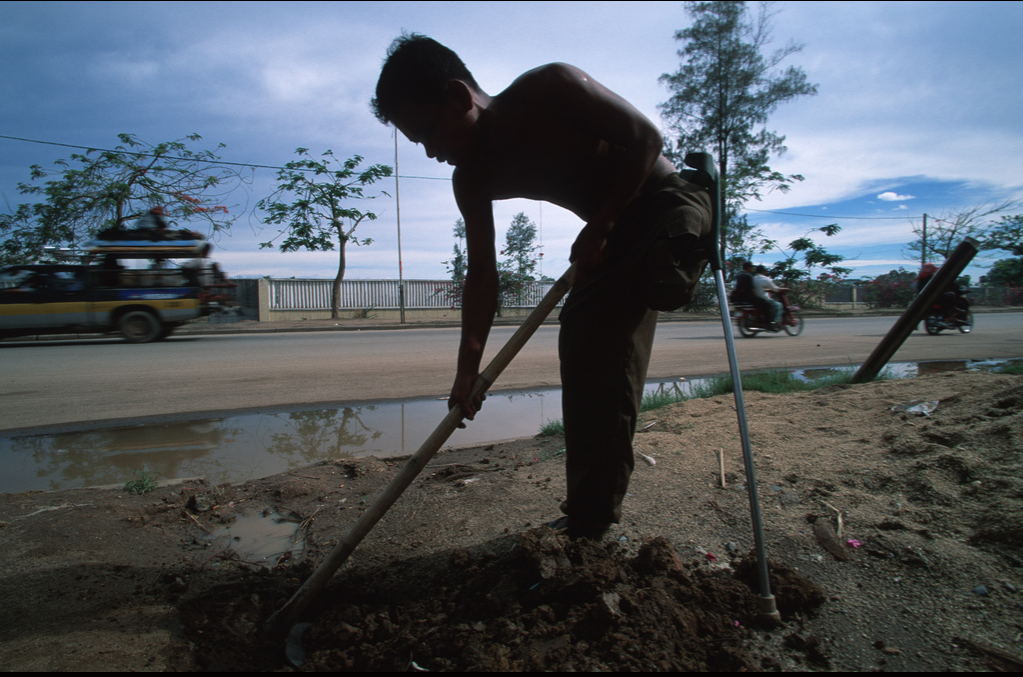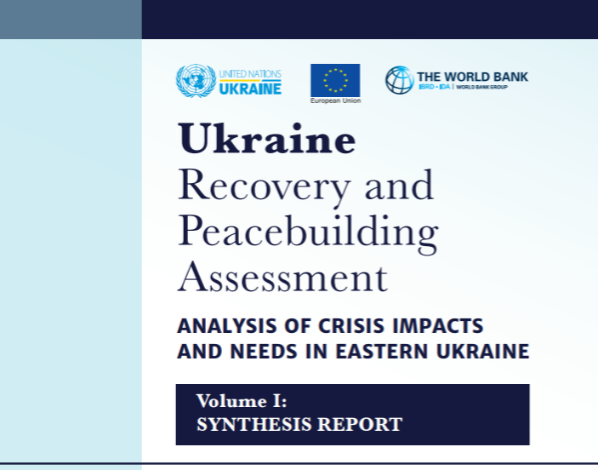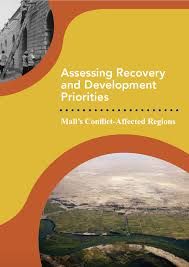
Assessment Experiences

The Recovery and Peacebuilding methodology has been used in several counties over the last few years. Below are details of these experiences.
Ukraine
Recovery and Peacebuilding Assessment in Ukraine, called the Ukraine Recovery and Peacebuilding Assessment (Ukraine RPA) was conducted between November 2014 and February 2015 in response to a Government of Ukraine request to assess and plan recovery and peacebuilding efforts in the conflict-affected regions of eastern Ukraine. The assessment was designed in two phases: a first phase addressing urgent and achievable priorities within the existing security environment, and a second phase dependent on the evolving security situation.
The RPA was launched in November 2014, and in February 2015 produced a set of costed and prioritized interventions aimed at restoring critical infrastructure and services, improving economic livelihoods, and strengthening social resilience and peacebuilding.
Mali
The MIEC in northern Mali was launched in July 2015, and covered the impact of the conflict in the country’s northern region. The MIEC identified needs and priorities, as well as related costs, to ensure a rapid recovery, address poverty, and promote development. It also included a review of implementation, financing and monitoring mechanisms required to ensure that the activities identified could be implemented in the high risk operational environment.
The assessment was formally presented in March 2016, and was subsequently used by government as the basis to develop the National Strategy for the Development of the North. The government strategy was validated in July 2017.
North-East Nigeria
The RPBA in North-East Nigeria was undertaken between January and May of 2016, and covered the six North Eastern states of Adamawa, Bauchi, Borno, Gombe, Taraba and Yobe. It responded to a Government of Nigeria request to assess the impact of, and propose strategic interventions to address the devastation caused by the conflict with Boko Haram. The conflict had led to the loss of an estimated 20,000 lives, and displacement of 1.8 million people. The crisis exacerbated the strains on a population that was already among the most underdeveloped and vulnerable in the country.
The RPBA was completed in March 2016, and incorporated into the government plan for the affected states, Rebuilding the North East: The Buhari Plan.
Central African Republic
The RPBA in Central African Republic (CAR), adopted by the government as the National Recovery and Peacebuilding Plan (RCPCA), was initiated by an April 2016 government request. A scoping mission was conducted by European Union, United Nations, and World Bank in May 2016, followed by support to government through a core team comprising representatives of the Joint Declaration1 partners, the African Development Bank (AfDB), and the French Development Agency (AFD). Priorities for addressing recovery and peacebuilding were assessed against three priority pillars: (i) support peace, security and reconciliation, (ii) renew the social contract between the state and the population, and (iii) promote economic recovery and boost productive sectors. An aid architecture was proposed based around mechanisms for coordination and dialogue, financing instruments, and monitoring and reporting systems.
The assessment was adopted as the government’s National Recovery and Peacebuilding Plan (RCPCA) 2017 – 2021, and was presented at a conference in Brussels in November 2016. The conference attracted over 80 delegations, and featured side events with civil society and the private sector.
Cameroon
The RPBA in Cameroon was conducted between November 2016 and November 2017, and covered the subnational conflict that affected the four northern and eastern regions of the Far North, North, Adamawa, and East. The assessment addressed issues of long-standing marginalization and vulnerability, and the consequences of the new external pressures related to Boko Haram, and the cross-border spill of the conflict in the neighbouring Central African Republic. The assessment was conducted by the European Union, the United Nations, and the World Bank Group at the request of Ministry of the Economy, Planning and Regional Development (MINEPAT) of the Government of Cameroon.
The assessment process was conducted to complement and promote other ongoing efforts by the government and international partners, and was formalized as the Recovery and Peace Consolidation Strategy for Northern and Eastern Cameroon.





